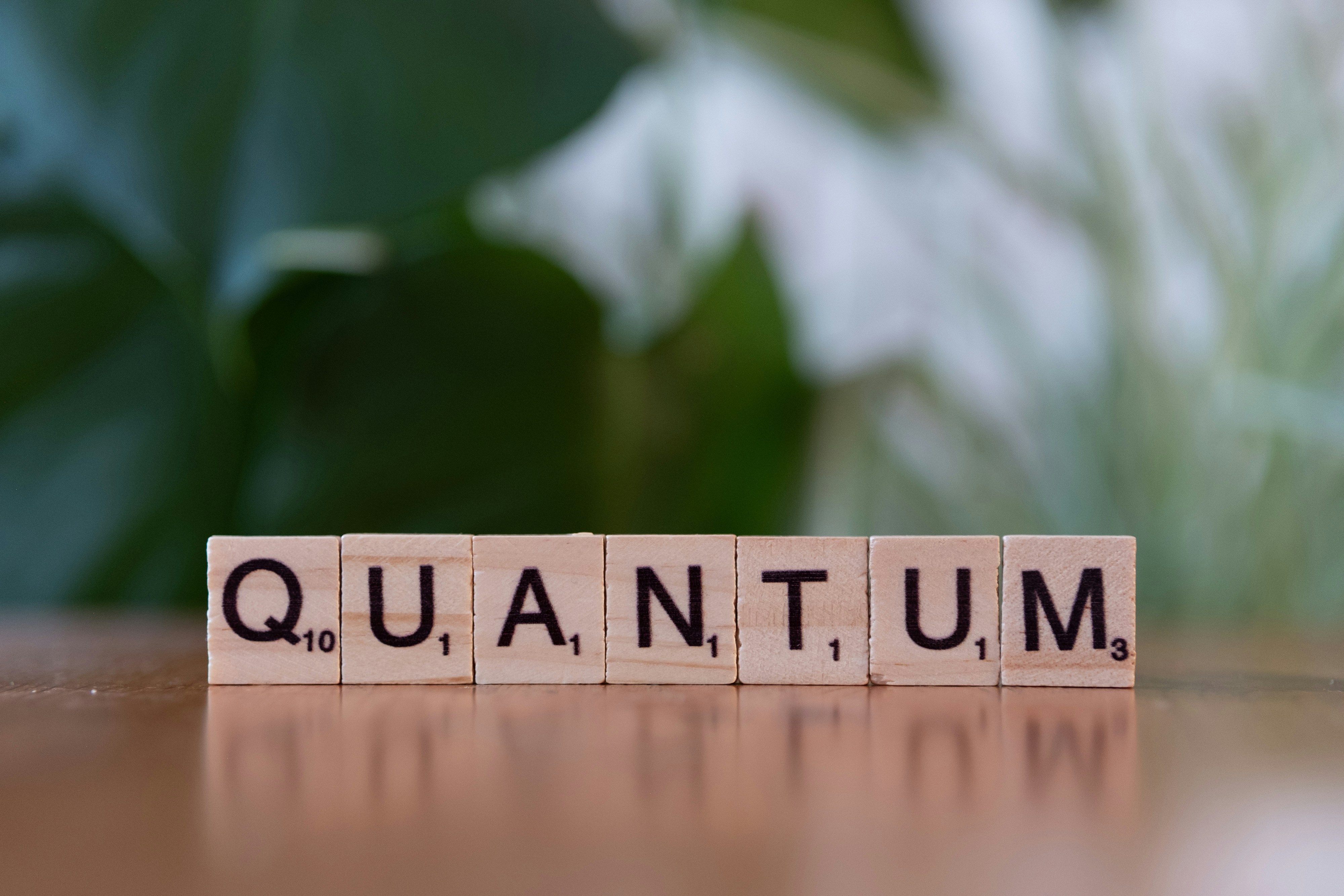Understanding Legal Implications of Expression in Gaming
As the gaming industry continues to flourish, one of the most compelling aspects fueling this growth is player-generated content. Game developers today face a critical question that carries vast legal implications regarding expression in gaming: How do they protect themselves and their users when creativity runs wild? In this exploration of the unique challenges posed by user-generated content (UGC), we'll delve into copyright issues, user agreements, potential liabilities, and innovative strategies developers can implement to foster a vibrant yet legally sound gaming environment.
The Boom of Player-Generated Content

The rise in popularity of game development tools and platforms that allow players to create their own content has turned the gaming world into a bustling marketplace of creativity. This environment brings an array of benefits, such as enhanced player engagement and the potential for additional revenue streams through user-generated content. However, with this freedom of expression comes an influx of legal challenges that developers must navigate.
Whether it's custom mods for first-person shooters or expansive worlds crafted by imaginative players, the potential for creativity to step into the legal spotlight cannot be understated. As players unleash their creativity, game developers must stay vigilant to ensure that they protect their intellectual property while fostering an inclusive atmosphere where creativity thrives.
Copyright Issues: Who Owns What?

One of the most pressing legal issues surrounding user-generated content is copyright. Copyright law, while relatively straightforward in defining ownership of original works, becomes murkier when the original creators open their platforms for user-generated contributions.
Understanding Copyright in the Context of Gaming

In the context of gaming, copyright protection covers the game itself—its graphics, music, code, and storyline. However, what happens when users create their own content that interacts with or builds upon this established work? While a player could claim rights over their unique mod or character design, they may inadvertently infringe upon the original developer's copyright.
This precarious balance raises the critical question: How can developers mitigate the risks associated with potential copyright infringement from user-generated content? The key lies in clear communication and robust user agreements.
User Agreements: Crafting Clear Guidelines

Creating a comprehensive user agreement is essential for developers who wish to protect their intellectual property while encouraging player creativity. A solid user agreement outlines the rights and responsibilities of both developers and players. Here are crucial elements to consider:
Licenses and Permissions

Clearly define how players can utilize your game's assets. For instance, they might be permitted to develop mods for personal use but prohibited from selling those creations. Additionally, you may want to establish whether developers retain any credit or revenue from player-created content.
Limitations on Liability

With the diverse range of user-generated content, developers could find themselves facing various legal challenges, from copyright claims to allegations of improper use of content. A robust user agreement can limit liabilities by informing users that they are responsible for ensuring their content complies with relevant laws.
Dispute Resolution

In an increasingly litigious environment, it’s crucial to define how disputes will be resolved. Outlining arbitration processes or establishing appropriate legal jurisdictions in your user agreement can provide a safeguard against lengthy court battles.
Protecting Against Infringement: Proactive Strategies

In addition to crafting thorough user agreements, developers can adopt proactive strategies to fortify their brands against potential infringements or misuses of player-generated content.
Community Monitoring
Engage your user community in monitoring content creation. Providing tools for users to report infringing content can help you quickly address potential legal issues. Educating your community about copyright and infringement will also foster respect for intellectual property rights within your gaming universe.
Establishing a Takedown Procedure
Consider implementing a streamlined process for removing any user-generated content that may infringe upon your copyrights or those of third parties. Such a procedure, often based on the Digital Millennium Copyright Act (DMCA), allows your development team to act swiftly and reduce potential liabilities.
Building Relationships
Fostering relationships with your community not only motivates unique content creation but can also serve as a protective layer for your brand. Enabling robust channels for feedback will help you understand the player experience better, allowing you to address any legal concerns before they escalate.
Navigating the Potential Liabilities
While fostering creativity is paramount, game developers must also remain vigilant about potential legal liabilities arising from user-generated content.
Defamation and Offensive Content
User-generated content, whether in the form of game mods or chat interactions, can sometimes lead to defamation claims or public outcry due to offensive material. As a developer, ensuring that players adhere to community standards is essential: what may be a fun joke to one may cross the line for another, resulting in liability claims for developers.
Age Restrictions and Content Ratings
When players create and share content, particularly in games that may be accessible to younger audiences, developers must be meticulous in maintaining age-appropriate guidelines. Complying with pertinent rating systems and avoiding the spread of offensive or inappropriate material can prevent incidents that might tarnish your brand's reputation.
External Influences: Market Trends and Legal Regulations
It’s essential for game developers to keep up-to-date with evolving market trends and legal regulations that can impact user-generated content.
Adapting to Emerging Technologies
Emerging technologies pose new challenges and opportunities—think of blockchain. Ownership rights for digital assets could become increasingly complex as players navigate both gaming and real-world economies. Developers must stay ahead of the curve, informing themselves about the implications of these technologies on user-generated content.
International Copyright Variances
With gaming being a global phenomenon, developers must recognize that copyright laws differ significantly across various regions. Adapting user agreements and monitoring compliance in international markets can safeguard against international copyright conflicts. For further insights, check out this article on AI and copyright issues to get a broader understanding of the challenges creators face.
Final Thoughts: Embracing Creativity Within Legal Boundaries
While the world of UGC is undoubtedly exciting, developers must acknowledge and navigate the legal implications of expression in gaming with care. Crafting robust user agreements, building open channels of communication, and adapting to changing technologies can result in a flourishing gaming community where creativity can thrive.
As the gaming landscape evolves, strategies must also adapt to ensure a robust protective framework for developers while providing players the freedom to express their creativity. Through clear guidelines, proactive measures, and a commitment to fostering respectful creativity, developers can build not only engaging gaming experiences but also a legally sound framework that encourages community engagement.
As we embrace the vibrant future of gaming, let’s do so by acknowledging the legal landscape that underlies it; only by understanding these intricacies can developers truly create the welcoming environments gamers crave.



